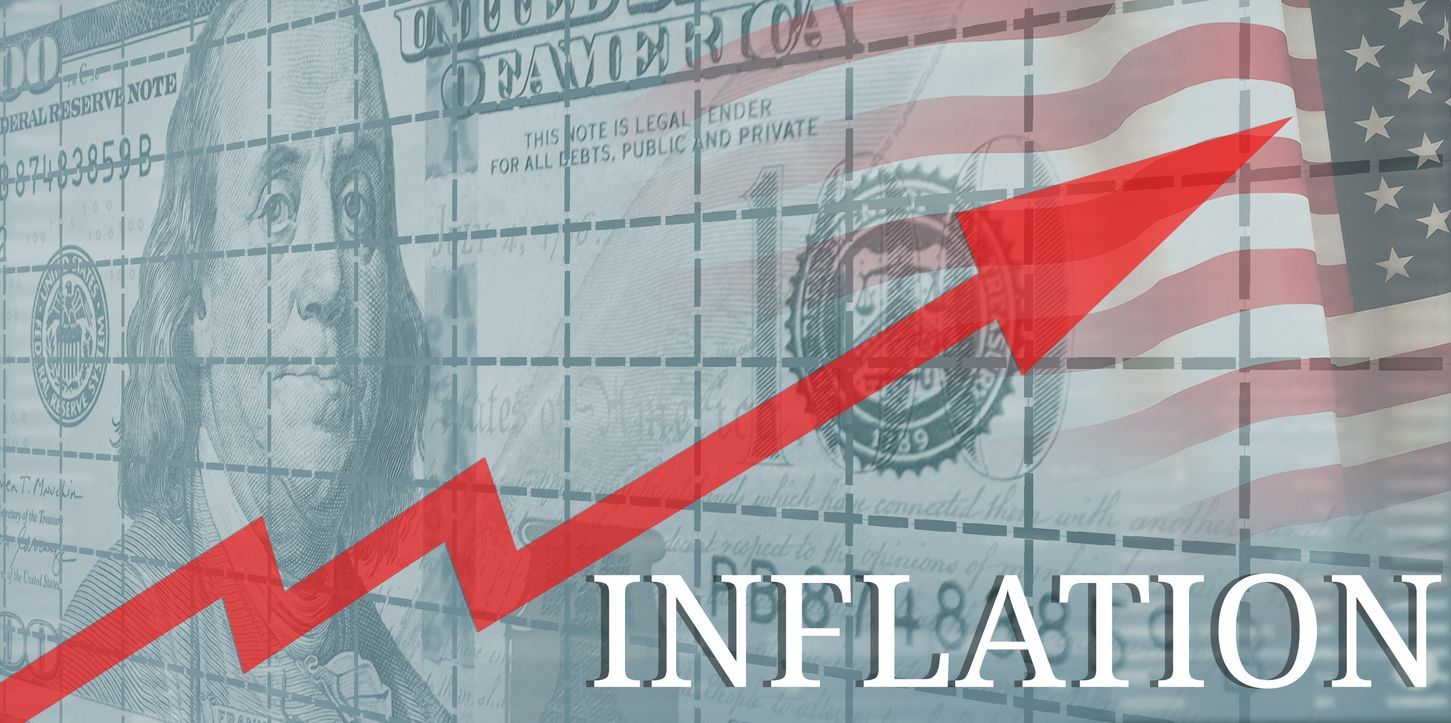Revenue Decoupling at 40
Web Wisconsin • April 7, 2021
Popular PBR Mechanism Needed Now More than Ever But Tweaks Merit Consideration

Mark Newton Lowry, President of PEG and Matthew Makos, a company consultant, published an article celebrating the 40th anniversary of revenue decoupling in the April issue of Public Utilities Fortnightly. The article, accessible HERE, presents a wide range of arguments that favor this popular form of performance-based ratemaking ("PBR") and explains why decoupling is needed now more than ever. Its usefulness in encouraging rate designs that facilitate demand-side management in an era of increased reliance on intermittent renewable resources is emphasized.
There are new research results on the design of the revenue adjustment mechanisms (“RAMs”) that typically accompany decoupling. The authors show that regulators can escalate allowed revenue for customer growth or GDPPI inflation (or even both) without concern about overearning. Without a RAM, utilities with decoupling have to file frequent rate cases that needlessly raise regulatory cost and weaken performance incentives.
The authors also discuss how decoupling discourages utilities from promoting the electrification of transportation. This problem can be remedied by combining decoupling with a targeted performance incentive mechanism for beneficial electrification. New York is the only state in the union that currently does this.
Dr. Lowry has testified for diverse clients on revenue decoupling and the design of RAMs.











